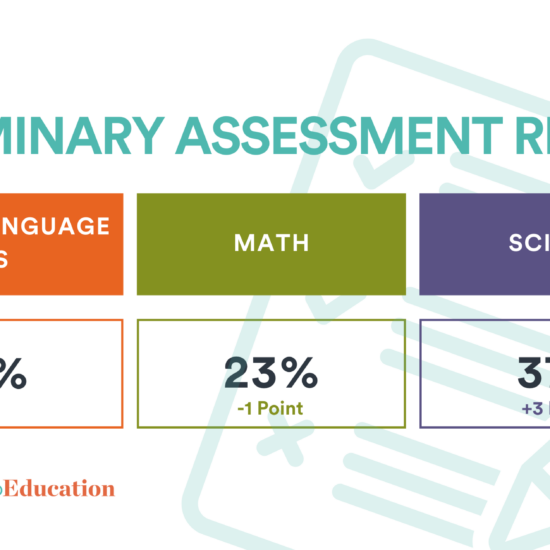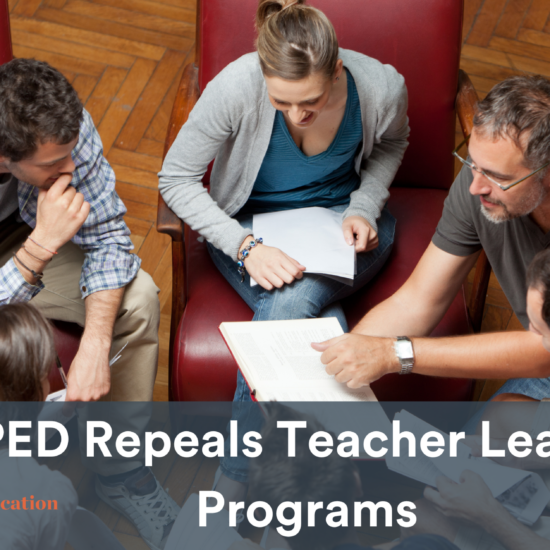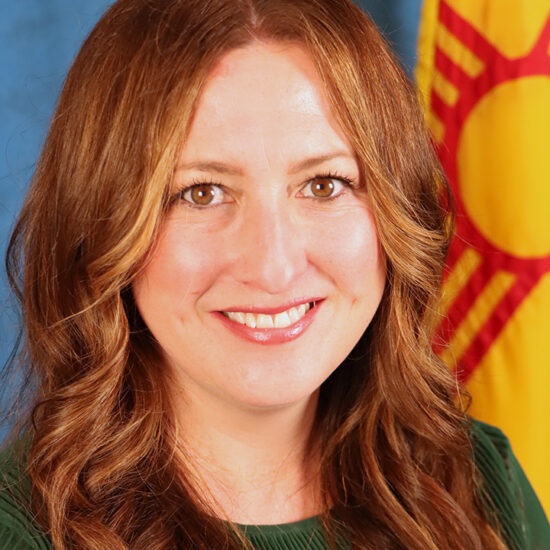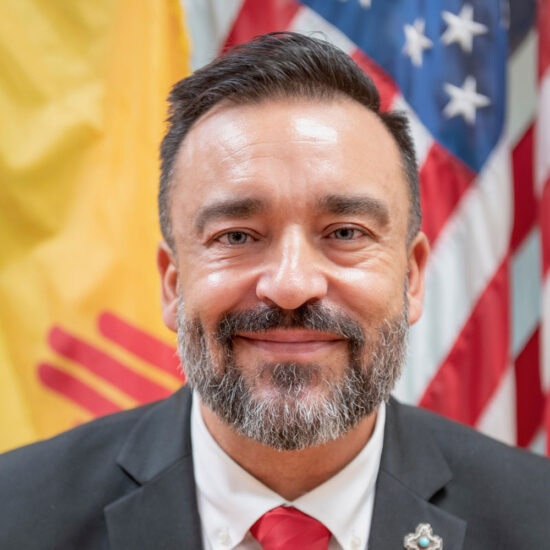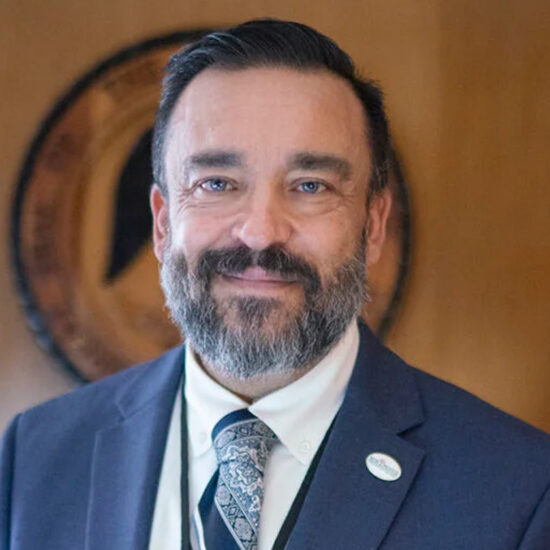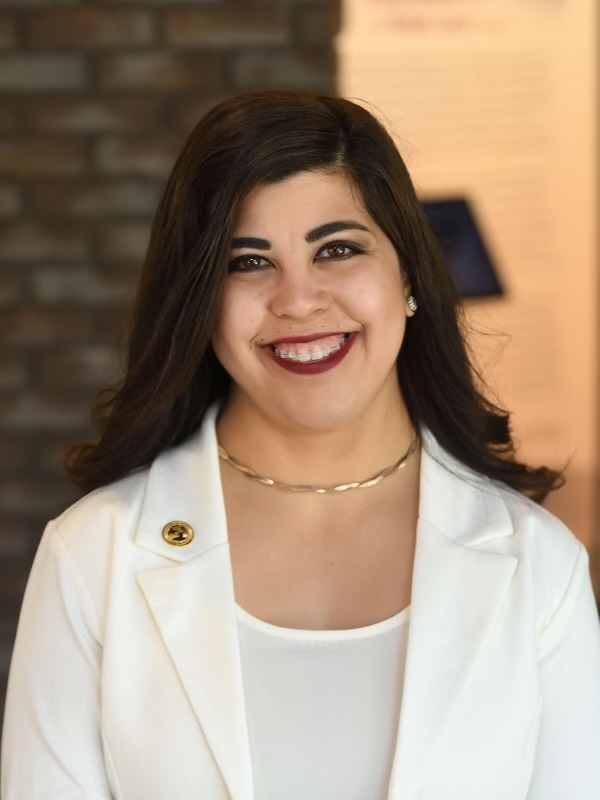
Jake, a highly intelligent 4th grader with autism, changed my perspective on teaching. Jake was interested in math and science but found it very hard to engage in reading and social studies. When it came time for my annual Market Day project, in which students design a product to sell, advertise it, and then make and sell it, all within a budget, Jake refused to participate. I was at a loss.
At the time, I was a Teacher Ambassador for the New Mexico Public Education Department (NMPED), learning how to develop education policy by getting to the heart of the issue and understanding what our students and communities need and want. I decided to bring my new knowledge into my classroom. I asked Jake what the issue was, and I listened to what he had to say. He did not want to make a product; instead he wanted to provide a service: bring his pet bearded dragon in and charge for pictures with the animal. It was brilliant, actually. I asked him to write a business proposal and set up a meeting with the principal to get special permission to bring his bearded dragon to school. In the end, his business made the biggest profit. But more than that, we formed a connection. His learning was a journey in which we both took part.
This is exactly what teacher leadership programs in our state provide. As a member of the Teacher Advisory Council, I sat next to Christopher Ruszkowski, the Secretary of Education at the time, discussing the areas of concern for my region in southeastern New Mexico. Our problems in rural New Mexico are very different from those faced by larger districts, and it was validating to have the Secretary’s full attention as I shared about student achievement gaps, attendance, and teacher morale. This was life-changing; I no longer had to consider leaving teaching behind to expand my impact beyond my classroom walls.
As a Teacher Ambassador, I had a voice in the development of the teacher evaluation system, the framework used to grow and develop our teachers, and in the New Mexico instructional scope, a tool designed to provide guidance and support to educators. Early on, any task force or committee created by the NMPED included at least one teacher leader from the Teacher Leader Network. This sparked momentum in the public education system, as noted by the national Chiefs for Change, and greatly changed educator morale, including mine.
As a master educator of 17 years and a national award-winning teacher with National Board Certification, I have reached the top of my profession. While my zest for teaching runs deep, I and many other educators continue to crave opportunities to grow as professionals and to contribute on a larger scale. New Mexico’s teacher leadership programs are critical platforms for professional growth while offering educators like me the opportunity to influence policy. Which is why it is disheartening that the education department has proposed getting rid of the Teacher Leader Development rule, 6.65.4 NMAC. Repealing the rule means that state teacher leader programs could remain but they could also be more easily condensed or even scrapped altogether. The NMPED is currently seeking public comment and will hold a public hearing Tuesday in Santa Fe.
Taking the teacher leader programs out of state rule devalues teacher voice and its power in ensuring students in New Mexico have the opportunities they need to thrive. In 2018 when the rule was being created, I was one of 200 teachers who provided public comment stating, “As a veteran teacher of 11 years, I can say I have never felt more equipped, elevated or championed.” I continue to believe this eight years later.
Jake taught me that for students to truly be engaged in our classroom, we should listen to and respect what they bring to our classrooms. Teaching students about agency and advocacy is now embedded in my instruction. Likewise, respect for educator expertise at the state level should not be an afterthought; it should be the priority. Teachers and the department work together for a better future for our kids, and as such, we should both have a voice in determining what is best.
New Mexico must expand these programs and integrate teacher voice more deeply into our education system. We must keep the rule intact. Students like Jake deserve nothing less.
Silvia Miranda is a 5th Grade teacher at Texico Elementary in Texico. She is a member of the Teach Plus New Mexico Network, 2018 Milken Educator Award recipient, and 2020 Presidential Award for Excellence In Math and Science recipient.




